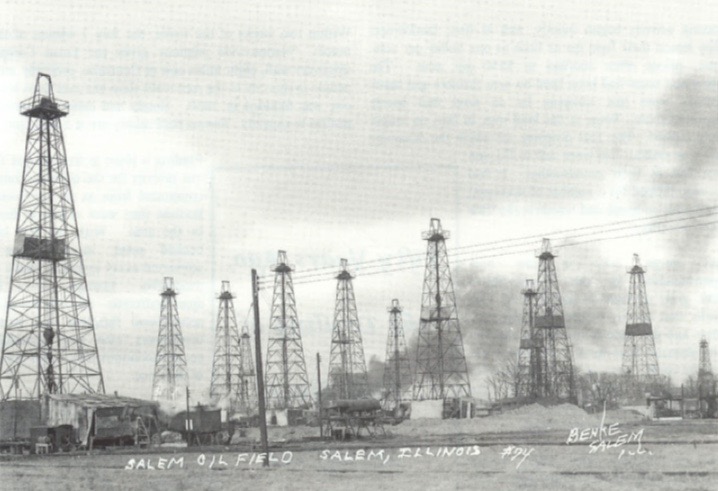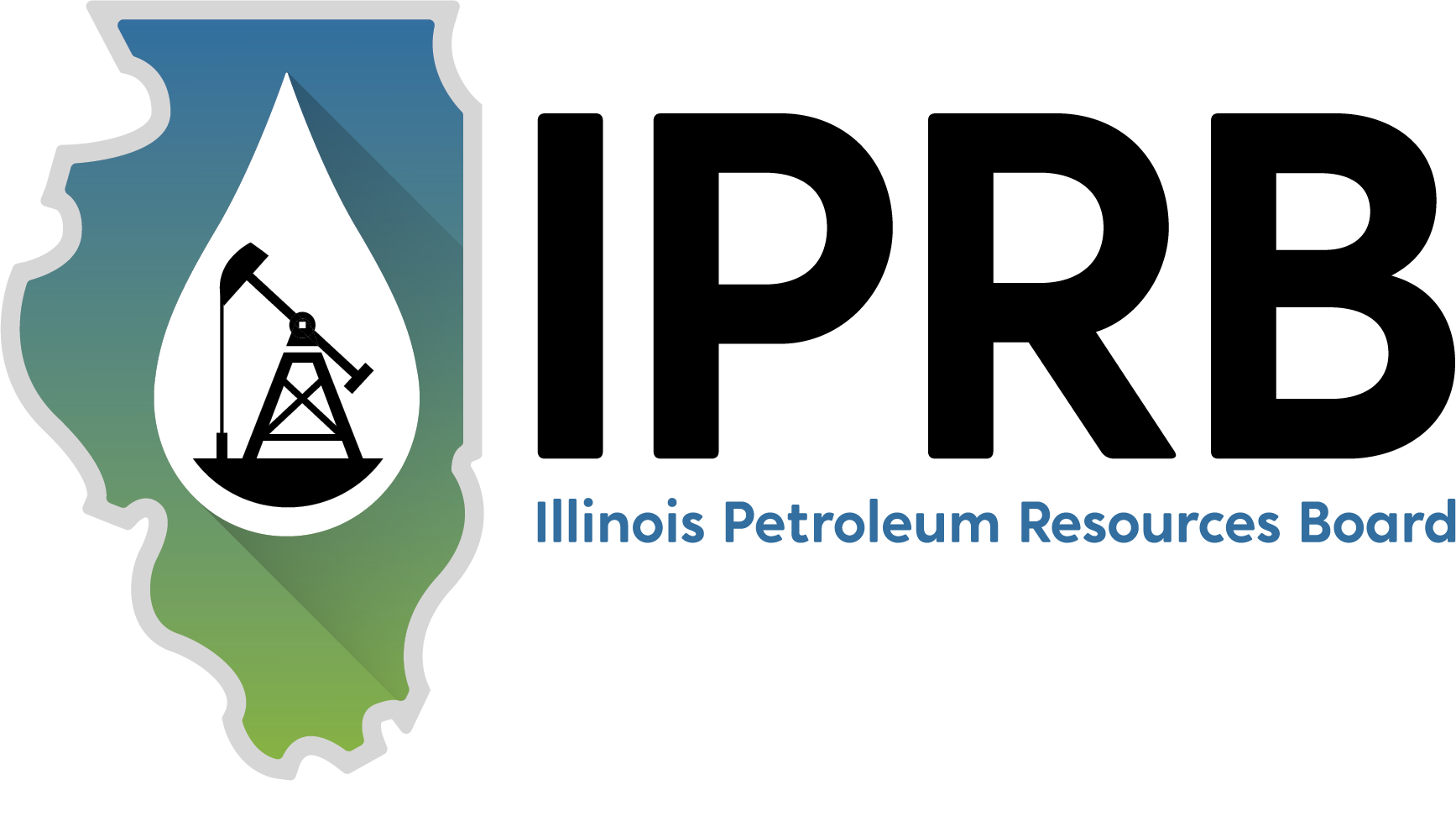Illinois Oil Has Played Big Role in Securing American Freedom and Prosperity

As America celebrates this Fourth of July weekend, it is important to remember what has made the enduring freedoms and prosperity we all enjoy possible.
It is widely understood the United States and the free world as we know it would be a much worse place if not for the nearly incomprehensible efforts and sacrifice of the Greatest Generation during World War II. But less understood is the fact that their valiant struggle to defeat the Axis Powers was literally fueled by abundant American oil – much of it produced right here in Illinois.
Six out of seven barrels of oil consumed by the Allied Forces during WWII was produced in the United States. Oil was absolutely essential to the war effort, as it was needed to fuel tanks, military vehicles and aircraft. It was also used to make TNT, synthetic rubber for tires, runways and lubricant for guns, just to name a few of its myriad of applications. Historians widely agree that it was largely because Germany and Japan were both severely lacking in domestic petroleum resources that their war machine literally ground to a halt. The United States, in contrast, produced half of the world’s oil during this time, providing an undeniable advantage for the Allied Forces. A prominent German marshal even listed his country’s oil deficiencies as one of the three primary reasons they lost the war.
Illinois was a top-10 oil producing state during this time, totaling 470 million barrels of production from 1941 to 1945, six percent of overall U.S. production. The Land of Lincoln was also home to the critical “Big Inch” pipeline that delivered more than half of the oil used by the United States during World War II. The pipeline, which replaced ocean tankers that had become easy targets for German U-boats, terminated in Norris City, where oil was stored in more than a dozen 80,000-barrel storage tanks and eventually distributed to numerous east coast refineries. The “Big Inch” allowed for the safe and timely transportation of oil for the war effort, helping turn the tide to the Allied Forces’ favor.
Although much has changed in the decades since World War II, one thing has remained the same – the world still runs on oil and will continue to for many decades to come. Though the “energy transition” narrative is in vogue and policies are deliberately being implemented to decrease domestic oil production and stop pipeline projects, access to our considerable oil and natural gas reserves remains essential to ensuring our national security. That is why just a year after the United States became a net petroleum exporter on an annual basis for the first time on record, our adversaries in Russia, China and the Middle East are no doubt looking on with delight as pipeline construction projects continue to be cancelled or delayed and our oil imports have spiked dramatically so far this year.
Pipelines remain the safest, most efficient and least carbon-intensive method of transporting crude oil, but given the recent cancellation of the Keystone XL pipeline and potential shutdown of the Dakota Access Pipeline, it seems possible that if the “Big Inch” pipeline were proposed today, it would never be constructed. Likewise, if military threats similar to those posed by Germany and Russia in the 1940s emerged today, it’s difficult to imagine widespread support for the increased domestic oil production our military would need to counter it.
Fortunately, such thinking was not prevalent during World War II – and the world is much better off for it. But the fact that such might not be the case today is a sobering reminder of just how fragile the freedom and prosperity we’ll be celebrating this Independence Day weekend really is. History teaches us that America needs American oil. That said, we should produce as much of the oil we need here in Illinois and throughout the United States as possible to ensure our way of life is protected.
